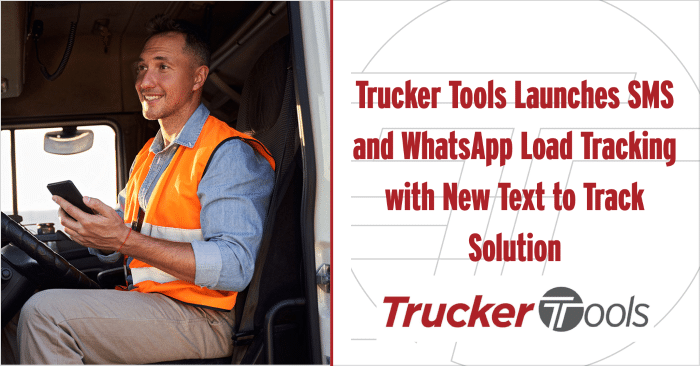If you’re relatively new to the motor carrier or owner operator business, you’ve likely heard the term factoring or freight factoring from your colleagues, which may leave you asking, “What is factoring?” Invoice factoring is used by businesses of all sizes and types to solve cash flow problems by providing immediate payment of invoices. A factoring company is a third-party that agrees to pay your business a portion of your unpaid invoice until the payment from your customer is received. Factoring is commonly used in the transportation, oil and gas, commercial food service, distribution, wholesale and construction industries.
What Is Factoring in Trucking?
Factoring helps carriers and owner operators like you maintain cash flow as you await payments from your customers. Factoring companies agree to pay you for your invoices upfront for a fee or percentage of the total invoice until the actual payments from your shippers and/or brokers are received. Factoring services are much needed in the trucking industry, as it may take between 30 and 90 days to receive payment on a load you’ve transported. Invoice factoring gets you paid quickly, usually within 24 to 48 hours.
Unlike with a traditional business loan, you’re not borrowing money when you use a factoring company. Instead, you’re essentially selling your invoices to the factoring company at a discounted rate. From there, the factoring company must collect on the invoice, which includes billing. It’s important to note that it isn’t your personal or business credit that determines how much factoring capital is made available to you. Instead, the factoring company typically assesses the credit history of your customers and how likely they are to pay their invoices.

How Do You Qualify for Factoring?
Qualifying for factoring in the trucking industry is a fairly straightforward and easy process. You need to have an MC number and operating authority, and as mentioned previously, your customers need to have good credit. Be aware, however, that some factoring companies may as part of your application check to see if you have a criminal record or back taxes owed to the IRS. You also need to have unpaid invoices in order to qualify for factoring and will have to provide personal and business identification.
When you’re shopping for factoring companies to use, be sure the company specializes in the trucking and transportation industries. You can apply for invoice factoring online with most factoring companies and receive funding in a matter of days in most cases. There are some freight brokers who offer factoring to carriers/owner operators like you. Some brokers also may offer to waive factoring fees if you book their loads through an automated, digital platform or app in order to reduce their operating costs and entice you to stay in their network.
Factoring Best Practices
1. Know the Difference Between Recourse and Non-Recourse Factoring
Knowing the difference between recourse and non-recourse factoring is important! With nonrecourse factoring, the factoring company becomes the owner of the invoice/debt and assumes the risk that the customer may not eventually pay the invoice. In a recourse factoring agreement, you’re still on the hook for the full amount of the invoice if it’s ultimately not paid by your customer. Fees are generally lower for recourse factoring, as you’re required to buy back the invoice from the factoring company if payment can’t be collected. With nonrecourse factoring, you’ll pay more in fees but won’t (in most cases) have to deal with non-payment if your customer doesn’t ultimately pay the invoice.
2. Let Your Customers Know You’re Using a Factoring Company
It’s important to be transparent with your customers and let them know that you’re using a factoring company in your operations. After all, the factoring company may invoice your customers directly and your customers need to know why they’ll be getting bills from a third party. Most shippers and brokers are used to working with factoring companies, as it is very common in the trucking industry and it’s common knowledge that fleets operate on slim margins.
3. Do Your Homework
Before agreeing to work with a factoring company, it’s important to consider the terms and interest rates that you’re being offered. You want to ensure that the factoring company’s fees/percentage will allow you to continue to operate your business and potentially grow your business. You’ll also need to weigh whether recourse or nonrecourse factoring is best for you and your company. Another key element to consider when evaluating factoring companies is how quickly they will factor your invoices, as well. If it takes a week for a factoring company to supply you with a cash advance, that may be too long to meet your cash flow needs.
Discover the “Best Freight Brokers for Owner Operators.”
To download Trucker Tools’ free driver app, visit https://www.truckertools.com/carriers-toolkit/.
To start using Trucker Tools’ free Book a Load carrier software platform, visit https://bookaload.truckertools.com/






